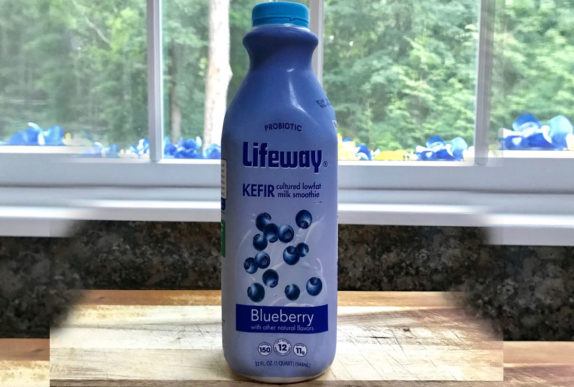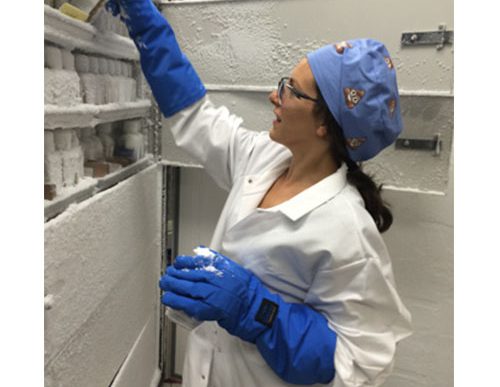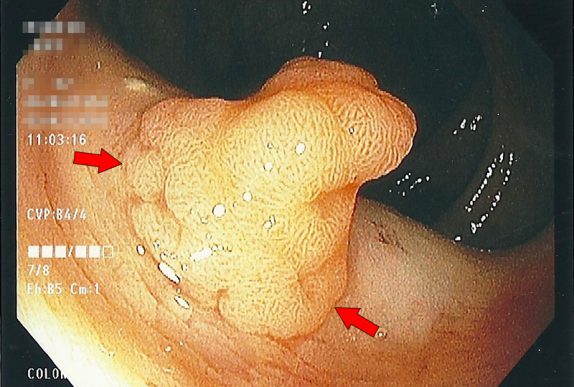Why do we get tired at the end of the day and then spend roughly one-third of each day unconscious? Here are some basics about sleep in general. Also, does lack of sleep cause dementia? What GI problems come from sleep deprivation? What can we do about all of this?
Fermented foods are known as an excellent source of probiotics, and may have a variety of health benefits. Hard scientific data on these fermented foods is hard to come by however. Read about a recent study that suggests these foods may reduce the risk of colon cancer!
How to cheat on the bowel prep for a colonoscopy and still have a successful procedure, written by a gastroenterologist.
How many "foods" do we eat that were shaped by a machine into some pleasing shape and injected with modified fats and preservatives before being deep-fried, flash frozen and shipped out from a factory somewhere? A new study shows us the harm in eating ultra-processed foods.
What is the point of treating one member of the family for H. pylori if he or she is just going to get reinfected by other people living in the house that also have the infection? Just how contagious is H. pylori?
H. pylori lives in the stomach lining and causes chronic inflammation called gastritis, acting as a strong risk factor for both ulcer formation and stomach cancer. But how does someone get infected with H. pylori? Can people spread H. pylori by kissing?
The question of cost is a valid one, especially at the current time where health care costs seem to be spiraling out of control. Many times it seems that the outcomes gained from large health care expenditures do not justify the massive costs, or are not feasible to implement for society as a whole.
I read with interest your blog today, and then some of your other offerings. I am a rural general surgeon who has done 12,000 colonoscopies in 35 years. My question is how do we know that screening is effective at reducing mortality?
The phrases "mind-blowing" and "fecal transplant study" are not often used in the same sentence (or even in the same publication), however when I read the following study about fecal transplants, my mind was in fact blown!
No self-respecting gastroenterologist would use premade stool, just like no self-respecting Italian would use jarred sauce, right?
What is immediately apparent from these numbers is that Cologuard rarely misses cancer. However, if we count polyps as a significant finding, there are plenty of false-positive results (45%) and plenty of false-negatives too (34%). So is Cologuard a good test overall?
With all this talk about bleeding, it should come as no surprise that "Should I stop my aspirin?" is one of the more common questions that I get asked by patients who are being seen to arrange screening colonoscopy. Luckily, this question has been answered already by several of the gastroenterology societies. For the average patient on aspirin...
If you notice, the basic idea here is pretty simple. According to the guidelines, there are really only a few options for follow-up intervals for colonoscopy: 10 years (negative exam), 5 years (low risk polyps), and 3 years (high risk polyps). Less than 3 years is only recommended in the truly unusual case of a large polyp burden or invasive cancer in a polyp. And that's it.
It is sometimes an awkward conversation to have, but the truth is that at a certain age, we eventually stop checking people for things that may cause them future harm.
Clearly, the screening guidelines recommend repeating a negative colonoscopy in ten years. Now what if I told you that many (if not most) practicing gastroenterologists recommend repeating the test in five years, not ten?














